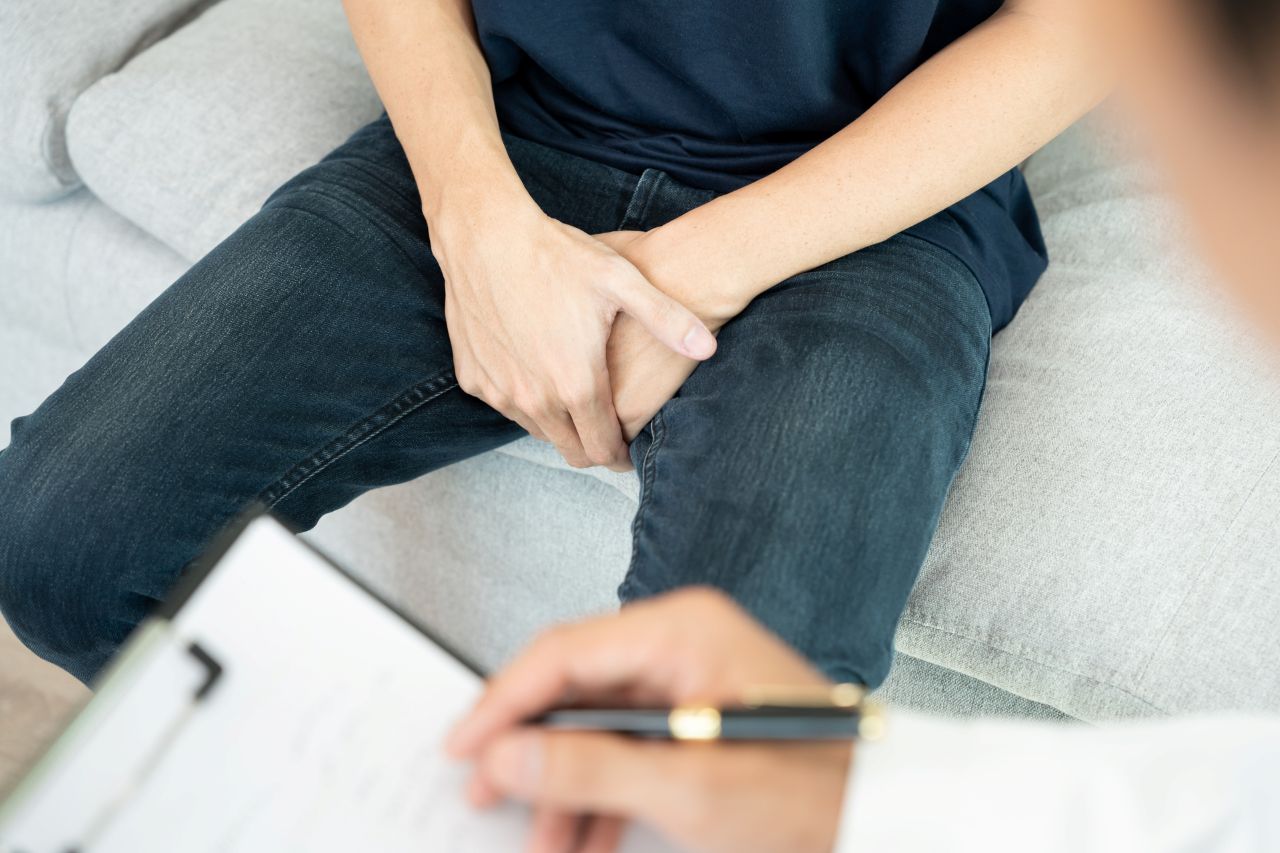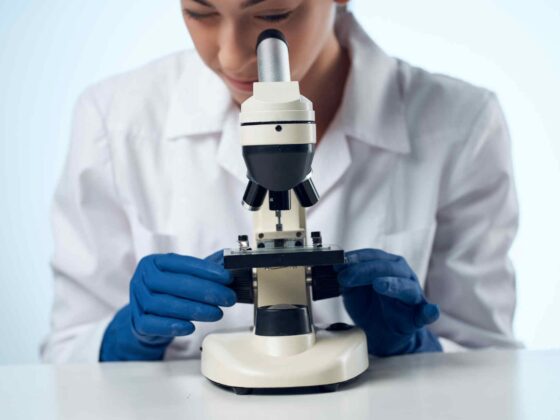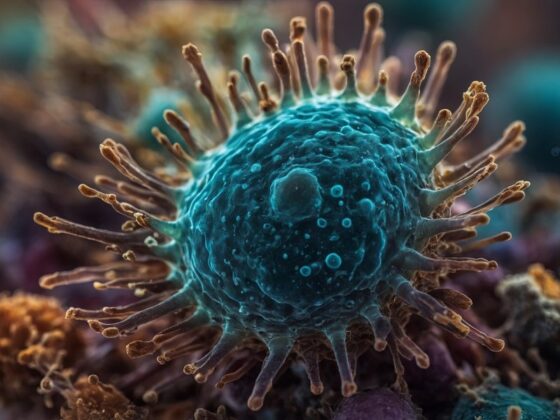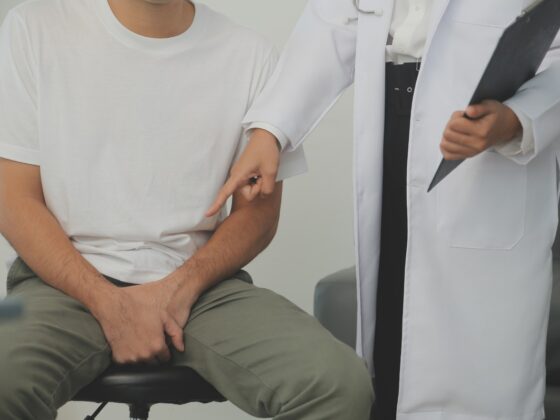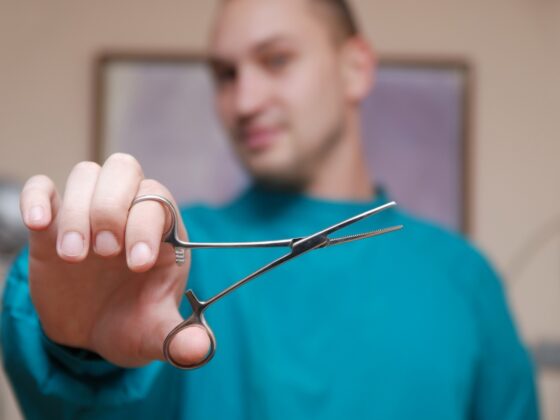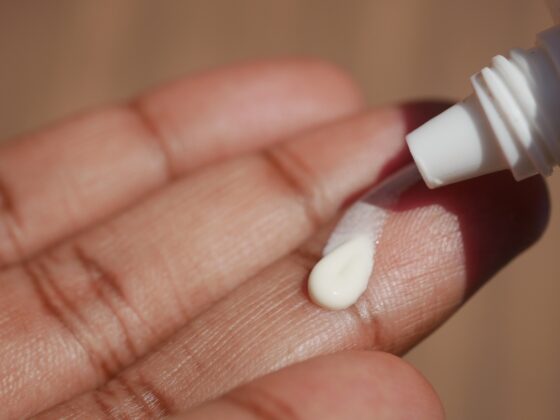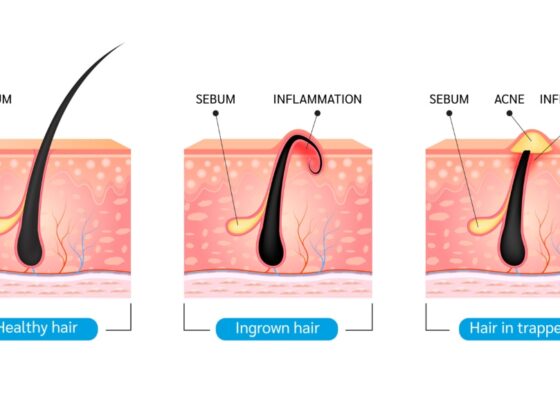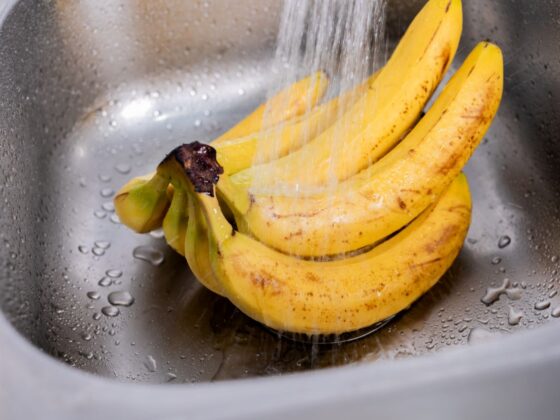Ah, the dreaded itchy penis. It’s uncomfortable, annoying, and just plain inconvenient.
If you’ve ever found yourself scratching down there and wondering, “Why is my penis itchy?” you’re not alone. It happens to a lot of guys – and while it’s usually nothing to worry about, it’s always good to know what might be causing it.
In this guide, we’ll walk you through the common causes of an itchy penis, how to relieve it, and when it’s time to seek medical help.
Common Causes of an Itchy Penis
So, what’s causing the itch? Let’s take a look at some of the most common culprits.
Dryness or Irritation
One of the most straightforward reasons your penis might be itchy is dryness or irritation. Whether it’s due to the weather, not moisturising, or even the kind of soap you’re using, dry skin can make everything feel uncomfortable. It’s the skin’s way of telling you it’s not happy.
Allergies and Sensitivities
Sometimes, the itching might be due to an allergic reaction. Your penis is sensitive, and certain products like lotions, condoms, or even laundry detergents can cause irritation. If you’ve recently switched products, that could be the reason why your skin is feeling a little cranky.
Infections
When it comes to an itchy penis, infections are often the main suspects. Here’s a breakdown of the most common types:
Fungal Infections (e.g., Yeast Infections)
Yes, men can get yeast infections too! Fungal infections like a yeast infection are surprisingly common, especially in warm, moist environments. You might notice redness, itching, and sometimes a white, cheesy discharge. It’s no fun, but luckily, yeast infections are treatable with antifungal creams or medications.
Bacterial Infections (e.g., Balanitis)
Balanitis is a bacterial infection that affects the head of the penis. It can cause redness, swelling, itching, and even pain when you pee. If you’re uncircumcised, you might be more prone to this type of infection. Regular cleaning and good hygiene can help prevent it, but if it happens, antibiotics are usually the answer.
Sexually Transmitted Infections (STIs)
Let’s talk about the big one: STIs. Some STIs, like chlamydia or gonorrhea, can cause itching, discharge, and discomfort. If you’ve had unprotected sex and are noticing persistent itching, it’s time to get tested. Don’t wait – STIs need to be treated, and the sooner you catch them, the better.
Poor Hygiene or Over-washing
It might sound counterintuitive, but both poor hygiene and over-washing can cause irritation. Not washing enough can lead to build-up, sweat, and bacteria – a recipe for discomfort. On the flip side, washing too much, especially with harsh soaps, can strip your skin of its natural oils, causing dryness and irritation.
When Should You Seek Medical Help?
Most of the time, an itchy penis will resolve on its own, especially if it’s due to something simple like dryness or irritation. But there are times when it’s important to seek medical help.
Persistent Itching or Discomfort
If the itching doesn’t go away after a few days or if it gets worse, it’s time to see a doctor. Persistent itching could indicate something more serious, like an infection, and it’s better to get it checked out sooner rather than later.
Other Symptoms
If the itching is accompanied by other symptoms like unusual discharge, swelling, or painful urination, don’t wait. These are signs that you might have an infection or STI that needs medical attention.
Changes in Skin Appearance
If you notice any changes in the skin of your penis, such as rashes, sores, or redness that doesn’t go away, it’s best to see a doctor. These could be signs of something more serious, like an infection or even an STD.
How to Relieve an Itchy Penis
So, short of having your hand in your pants all day (not ideal) how do you deal with the itch? Here are a few ways to get some relief.
Home Remedies
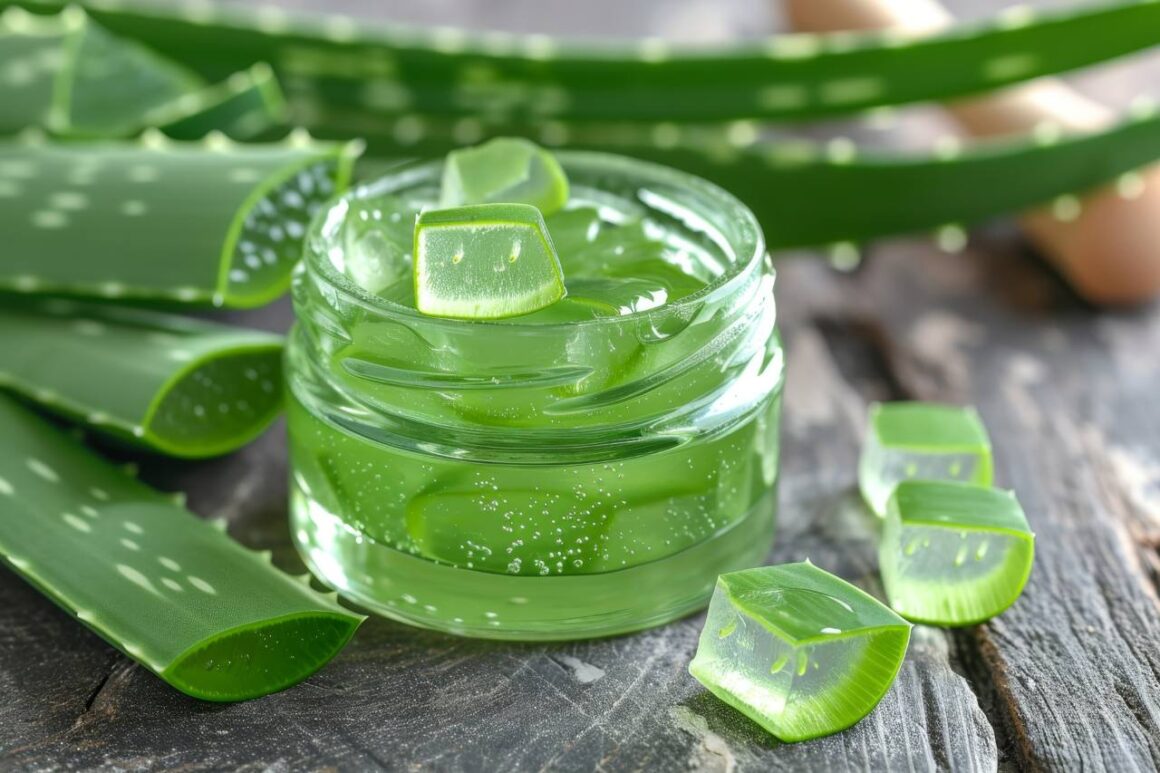
For mild itching caused by dryness or irritation, you can try using a gentle moisturiser or aloe vera gel to soothe the skin. Just make sure the product is fragrance-free and safe for sensitive areas. A warm, saltwater bath might also help calm irritation.
Over-the-Counter Treatments
If you suspect a yeast infection or another fungal issue, you can find antifungal creams or ointments over the counter. For bacterial infections like balanitis, there are some creams and ointments that can help, but you might need a prescription.
Prescription Medications
If the itching is caused by an STI or a more serious infection, a trip to the doctor is in order. They’ll likely prescribe antibiotics or antiviral medications depending on the type of infection.
Preventing Future Itching
The good news? Many causes of itchy penis can be prevented with a little self-care.
Maintain Proper Hygiene
Keeping your penis clean is key, but remember, don’t overdo it. Wash gently with warm water and a mild soap, and make sure to dry thoroughly.
Use Gentle Products
If you’re using lotions, soaps, or even laundry detergent, make sure they’re gentle and free from fragrances. The skin down there is sensitive, and harsh chemicals can irritate it.
Wear Comfortable, Breathable Clothing
Tight clothing, especially synthetic fabrics, can trap moisture and cause chafing. Opt for breathable fabrics like cotton, and make sure your underwear isn’t too tight.
Practice Safe Sex
Using condoms is the best way to protect yourself from STIs and prevent infections from spreading. Regular STI testing is also a smart move if you’re sexually active.
The Bottom Line
An itchy penis isn’t something to ignore, but it’s also not the end of the world. Most of the time, it’s something minor that can be treated with a little TLC. However, if the symptoms persist or if you’re worried it might be an infection or STI, it’s best to see a doctor. And if you’re looking to boost your confidence while taking care of your health, check out our before and after using penis pump. Bathmate’s pumps are designed to help improve blood flow, reduce discomfort, and keep you feeling your best.
